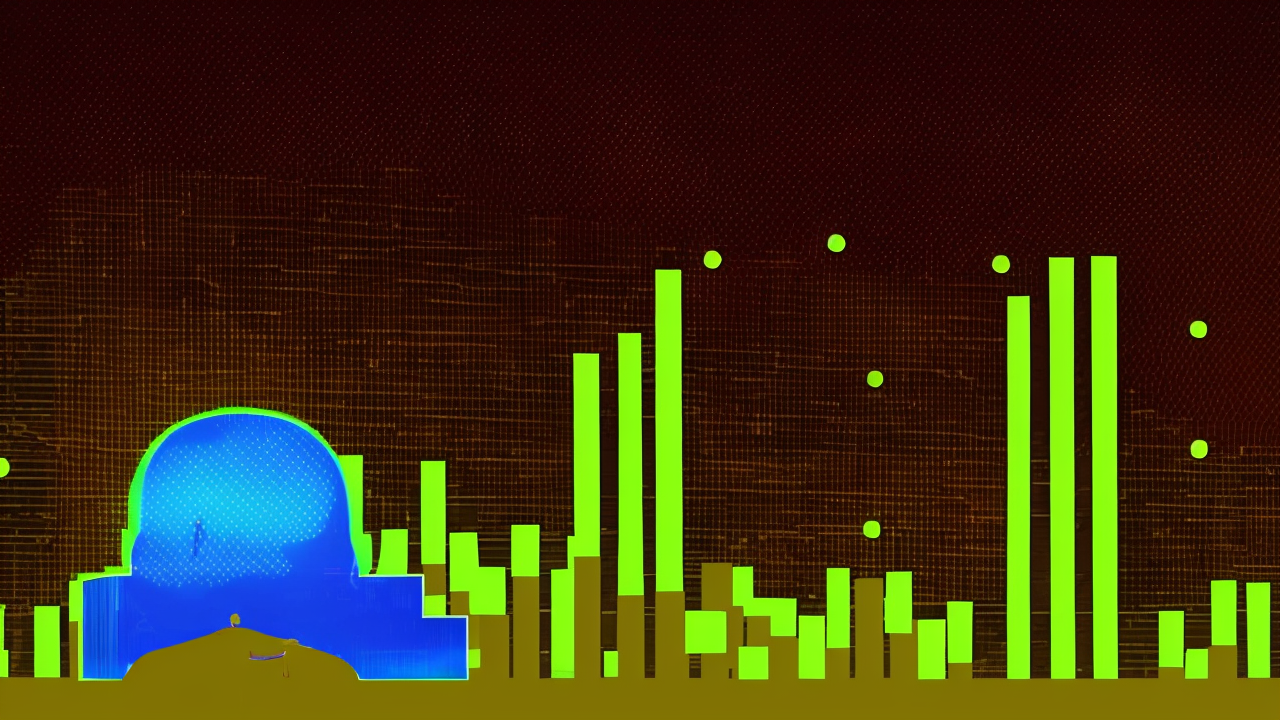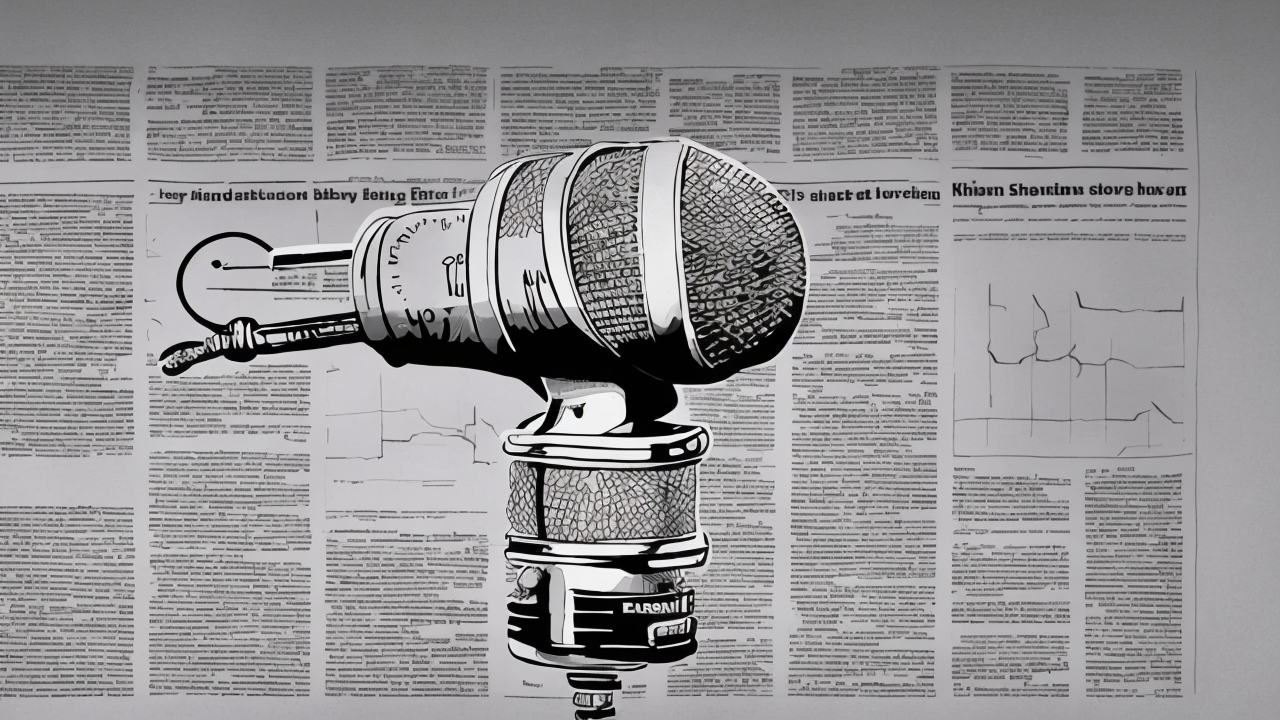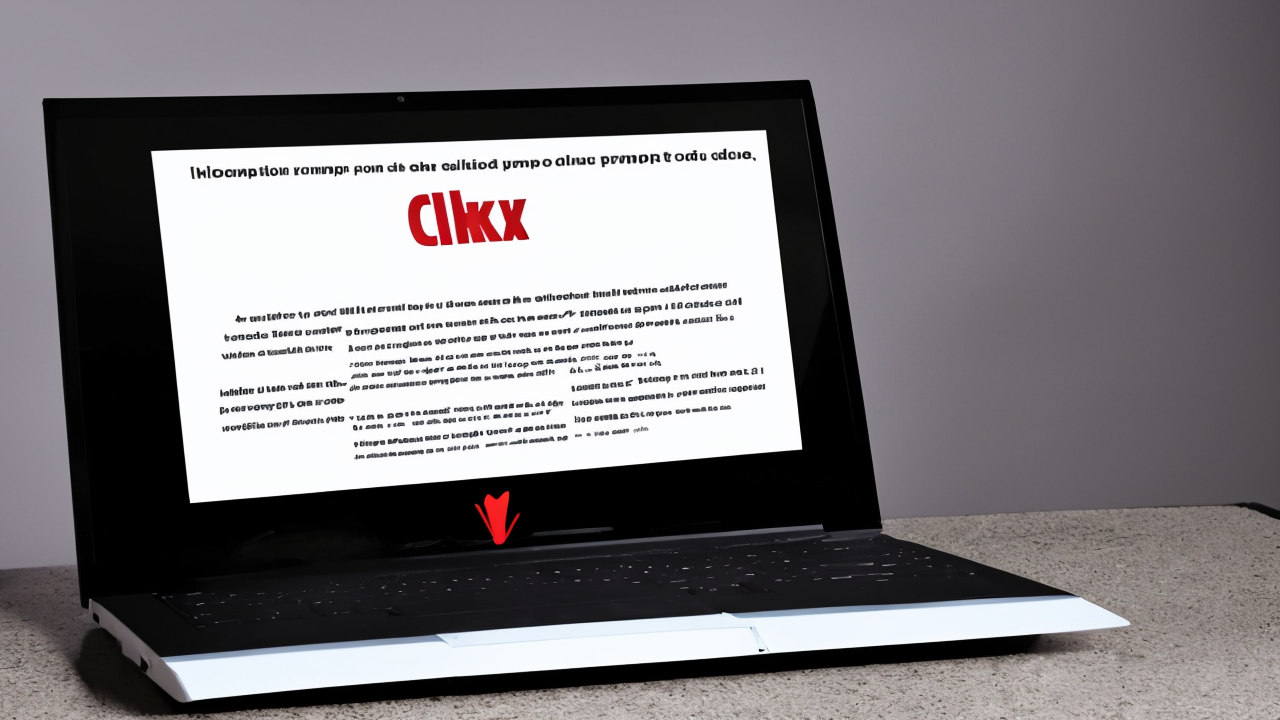AI, UBI, and the Expanding Surveillance State

Artificial Intelligence is transforming the way we work, live, and interact. It has increased efficiency across industries and opened new opportunities, but it has also disrupted traditional employment patterns. As automation reshapes the workforce, many call for Universal Basic Income (UBI) as a solution to economic uncertainty. The idea is simple: provide every citizen with a regular, unconditional payment to maintain a basic standard of living. On the surface, it sounds like a compassionate response to change. Yet beneath this appeal lies a deeper concern—one about the cost of security when it comes at the price of personal freedom.
UBI, as it is being discussed today, is not merely a financial safety net. It is increasingly tied to digital infrastructure, particularly Central Bank Digital Currencies (CBDCs). These systems allow governments to track every transaction in real time, monitor spending habits, and even restrict how funds are used. While proponents claim UBI preserves dignity by giving people choice, the reality is that dependence on state funds often leads to expectations of oversight. History shows that when people rely on government assistance, rules follow. Food stamps require eligibility checks. Welfare programs demand work requirements. The path from unconditional to conditional support is rarely long.
Now, with digital money, that transition becomes seamless—and invisible. A CBDC could allow the government to designate which purchases are acceptable, block spending on certain goods, or even suspend payments based on algorithmic assessments of behavior. AI systems might analyze spending patterns and flag individuals for “risk,” leading to sudden benefit reductions or freezes. This isn’t speculation. It is the logical extension of current trends in financial tracking and behavioral monitoring.
The real danger is not just the loss of privacy but the erosion of personal responsibility. When people no longer earn their income through labor, they may lose the discipline and purpose that come with work. The American tradition has long emphasized self-reliance, hard work, and stewardship of one’s own resources. These values are not outdated—they are foundational to a free society. When the state becomes the primary provider, it also becomes the ultimate arbiter of what is acceptable and what is not.
This is not to dismiss the challenges posed by technological change. Many workers face real hardship due to shifting industries and automation. But solutions should reinforce dignity, not replace it. Support systems should encourage employment, skill development, and family-based assistance—structures that empower individuals rather than create dependency.
A healthy society depends on strong families, local communities, and personal initiative. When government becomes the main source of income, it also becomes the main source of influence. The more people rely on state payments, the more they become subject to its rules. And when those rules are enforced through digital surveillance and algorithmic judgment, the line between protection and control blurs.
Conservatives are not opposed to helping the vulnerable. We believe in compassion, but we believe it must be rooted in principles—responsibility, self-sufficiency, and the preservation of individual liberty. The goal should not be to replace human effort with government handouts, but to strengthen the conditions under which people can thrive on their own.
As we move forward, we must ask not only how technology can improve our lives, but how it can preserve our freedoms. A society that values both security and liberty must resist policies that trade one for the other. UBI, as currently envisioned, risks turning economic support into a mechanism of control. We must demand better—not just for our economy, but for our character as a people.
The future should not be one where every transaction is monitored, every choice is scrutinized, and every dollar is dictated by the state. It should be one where people are free to earn, save, spend, and build their lives with dignity and purpose. That future is possible—but only if we remain vigilant, thoughtful, and committed to the principles that have long defined our nation.
Published: 11/8/2025








